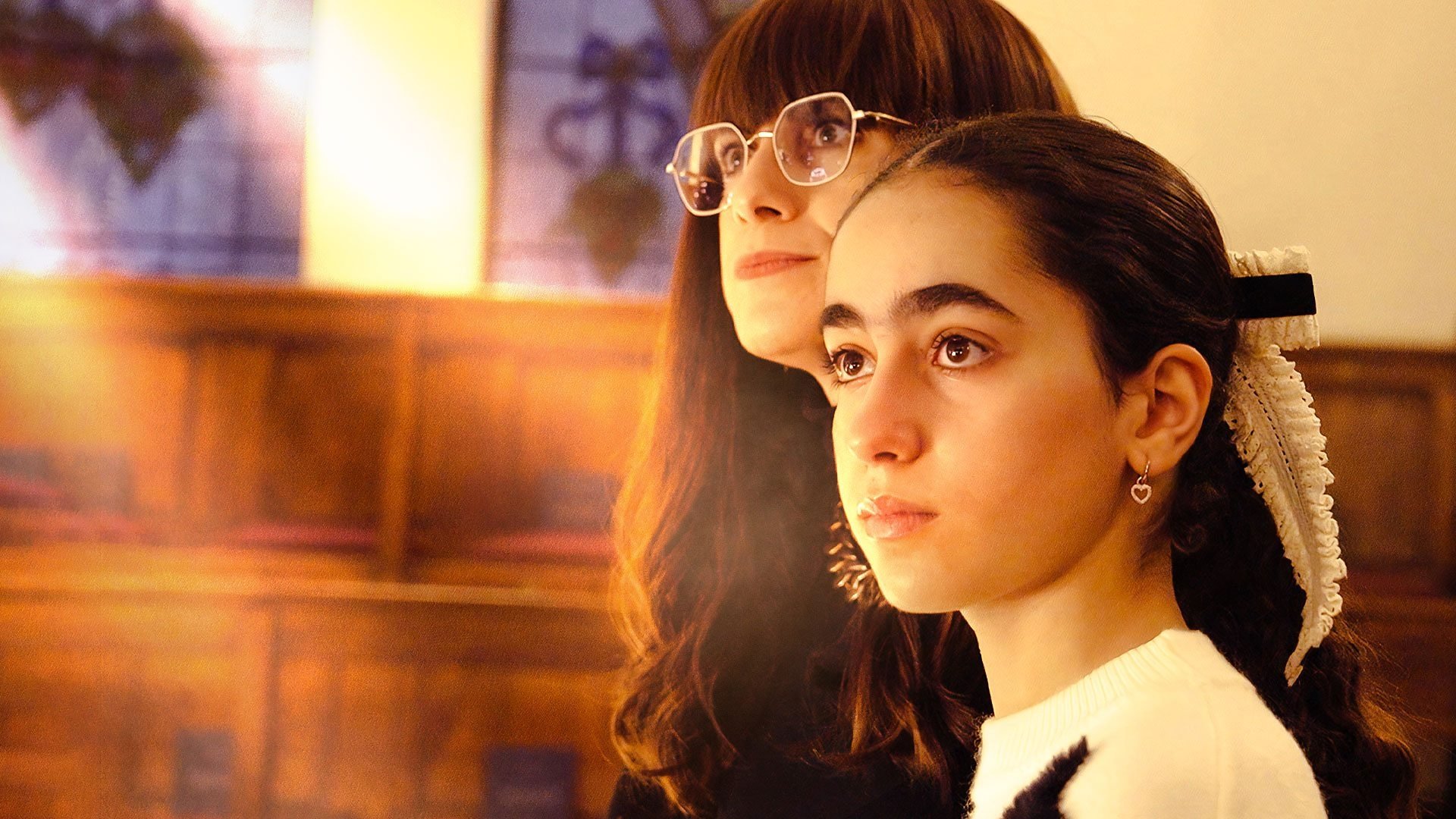
Growing Up Jewish
2024
0h 49m
0.0(0 votes)
Documentary
Overview
Four young people on the cusp of adulthood prepare for one of the biggest nights of their lives – their Bar and Bat Mitzvah – balancing culture, religion and the chance to party.

Four young people on the cusp of adulthood prepare for one of the biggest nights of their lives – their Bar and Bat Mitzvah – balancing culture, religion and the chance to party.